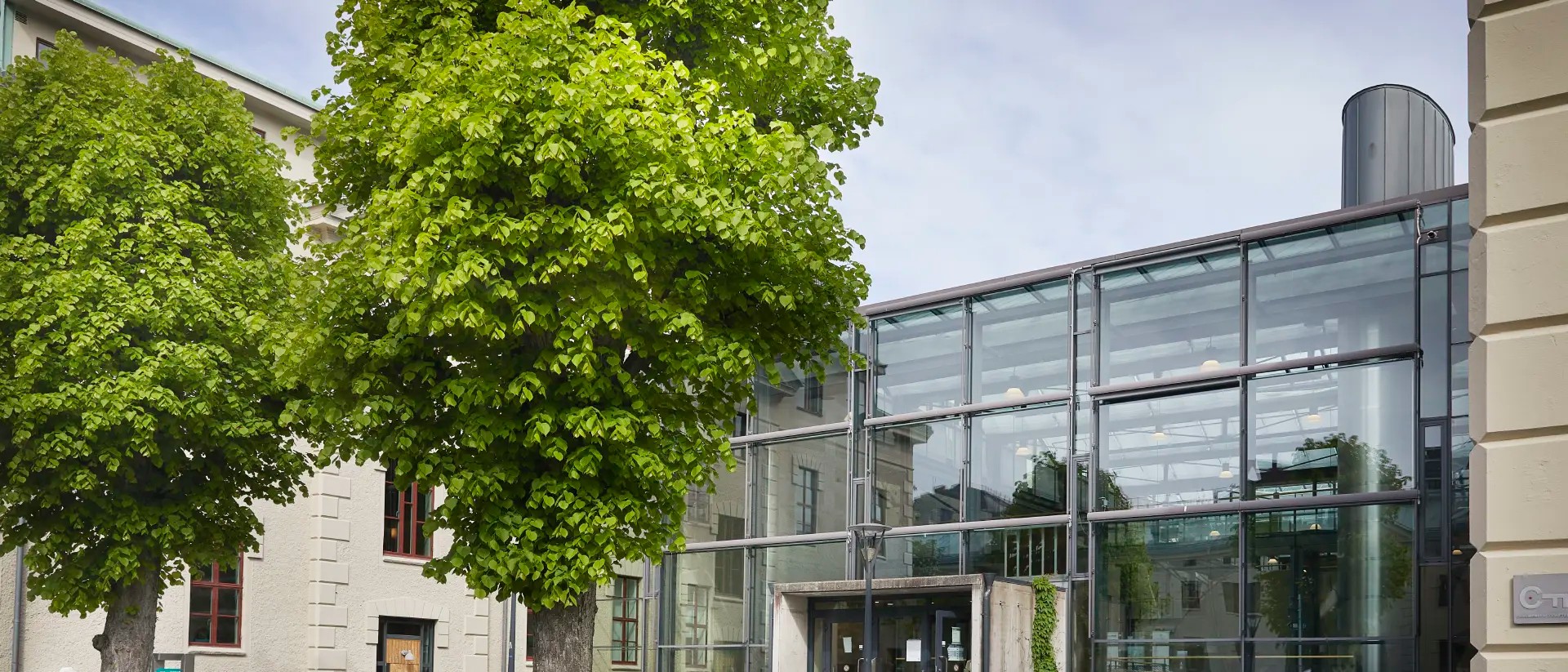
Forskning
Innovation & entreprenörskap, supply chain & operations management, samt hållbarhets- & samhällsstudier.
Forskning
Utbildning
Institutionen undervisar i flera kandidat- och masterprogram, och här erbjuds även forskarutbildning.
Utbildning
Centrum
Institutionen står värd för forsknings- och kompetenscentrum som koordinerar forskning och samverkan.
Centrum